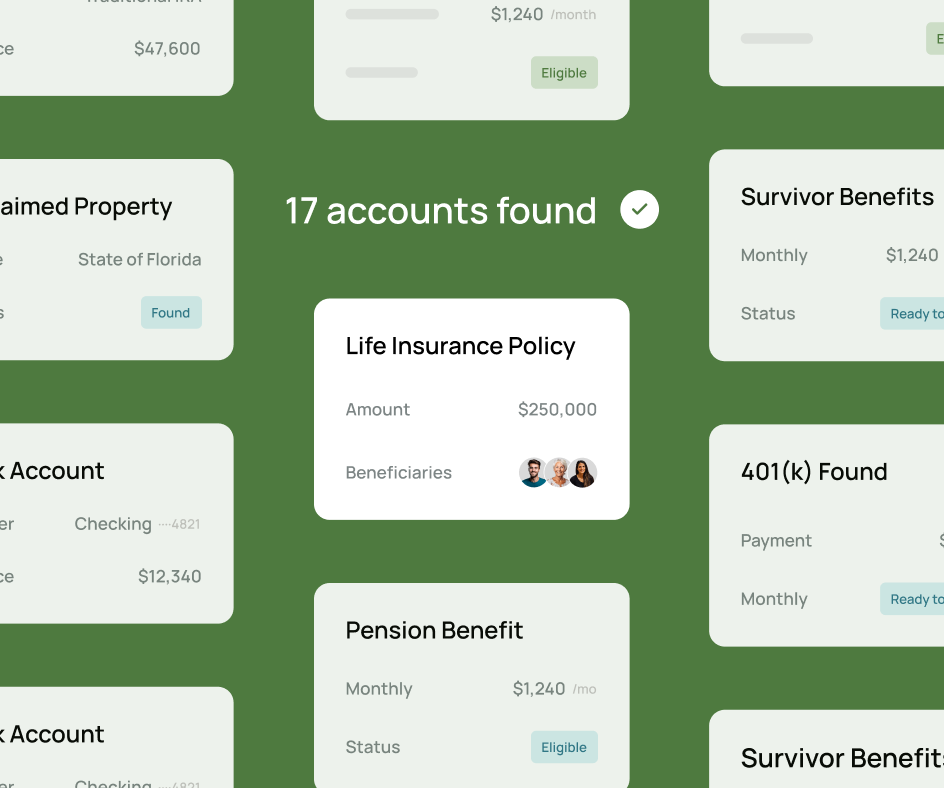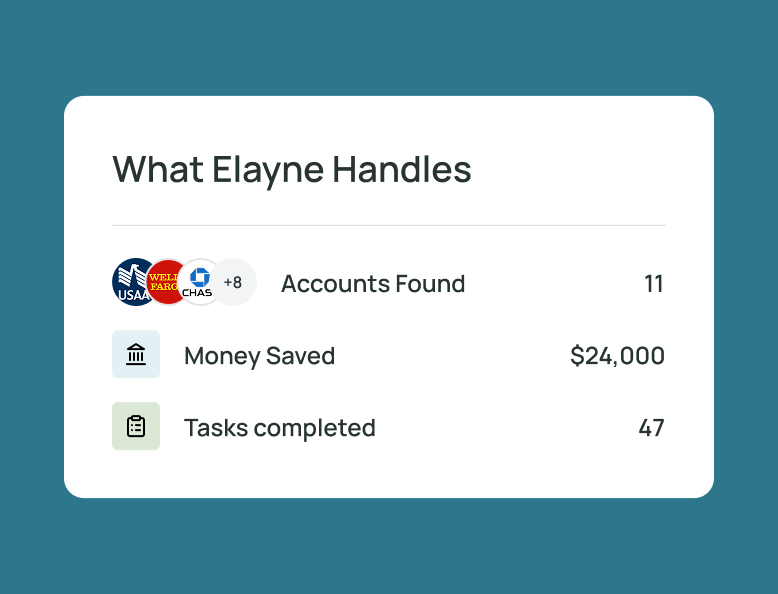Key Takeaways
- Original Medicare does not cover funeral or burial costs.
- Medicaid may offer limited assistance through state-based programs or burial allowances.
- Pre-need funeral planning and final expense insurance are common alternatives.
{{blog-cta-financial}}
Funeral costs often arrive unexpectedly and can be a significant financial burden—especially when there’s no plan in place. Many families wonder if government programs like Medicare or Medicaid can help cover these end-of-life expenses.
This guide breaks down what these programs do and do not cover, highlights state-level assistance, and outlines practical alternatives for planning ahead. Whether you’re preparing for a loved one’s passing or organizing your own future affairs, understanding these options can help reduce stress and avoid last-minute financial strain.
Does Medicare Cover Funeral Costs?
Medicare does not cover funeral expenses. Medicare is designed to help with medical needs—such as doctor visits, hospital stays, and prescription medications—not final arrangements like funerals or cremations.
Here’s what each part of Medicare offers:
- Part A: Hospital insurance—no funeral coverage.
- Part B: Medical insurance—covers outpatient care, not end-of-life expenses.
- Part C (Medicare Advantage) and Part D (prescription drug plans) also exclude any coverage for burial or cremation services.
There are no provisions or reimbursements under Medicare to help with funeral costs.
Does Medicaid Cover Funeral Costs?
Medicaid does not directly pay for funeral expenses, but some states do offer limited assistance through burial assistance programs or grants.
Since Medicaid is a joint federal-state program for low-income individuals, the benefits can vary significantly depending on where you live. Some states allocate small funds to help cover burial or cremation for those who qualify based on income and assets.
Additionally, Medicaid’s “spend down” rules may allow recipients to set aside funds specifically for funeral expenses without affecting their eligibility for benefits. This is a valuable planning strategy for those preparing to apply for long-term care through Medicaid.
What Is a Medicaid-Exempt Burial Fund or Prepaid Funeral Plan?
One proactive approach is to establish a Medicaid-exempt burial fund or purchase a prepaid funeral plan—both of which are allowed under Medicaid guidelines in most states.
These accounts:
- Can be funded up to a set amount, typically between $1,500 and $15,000, depending on the state.
- Do not count as a financial asset, which helps maintain Medicaid eligibility.
- Must often be placed in an irrevocable trust, meaning the funds can only be used for funeral expenses and cannot be reclaimed.
This strategy allows individuals to plan ahead while protecting the funds from being used for other purposes or affecting Medicaid qualification.
State Funeral Assistance Programs
Several states and counties offer burial or funeral assistance programs, particularly for low-income residents, unclaimed individuals, or those receiving public assistance. Here are a few examples:
- California: Offers General Assistance Funeral and Burial Programs at the county level.
- New York City: Provides a Funeral Allowance through the Human Resources Administration (HRA), which can cover up to $1,700.
- Texas: Many counties have indigent burial programs for unclaimed bodies or those who meet financial hardship criteria.
The benefits, application processes, and income thresholds for these programs vary widely. It's important to check with your local Department of Social Services or Health and Human Services office for specific eligibility details.
💡 Need help navigating the estate settlement process after a loss?
Elayne offers tools, guidance, and support to simplify estate tasks and bring peace of mind to grieving families.
Alternatives to Cover Funeral Expenses
For those ineligible for government help—or seeking to plan ahead—there are several alternatives:
- Final Expense Insurance: These small life insurance policies (typically $5,000–$25,000) are designed to cover funeral and burial expenses. They’re easy to qualify for and can be purchased even with health conditions.
- Prepaid Funeral Plans: Working directly with a funeral home, you can lock in today’s prices and services. These agreements can be Medicaid-exempt if structured properly.
- Crowdfunding: Platforms like GoFundMe are often used by families to cover unexpected funeral costs. While not ideal for advance planning, they can be effective in emergencies.
- Social Security Death Benefit: A one-time payment of $255 may be available to a surviving spouse or child, but this amount does little to offset modern funeral costs.
{{blog-cta-financial}}
FAQs
Q: Does Medicare pay anything toward a funeral?
No. Medicare does not reimburse or provide any benefits for funeral, burial, or cremation expenses.
Q: Can Medicaid pay for a funeral in any state?
Not directly, but many states offer small burial allowances or assistance programs. Eligibility and benefit amounts vary.
Q: What is a Medicaid-exempt burial fund?
It’s an account (often in the form of a prepaid funeral plan or irrevocable trust) set aside for funeral expenses that does not count against Medicaid asset limits.
Q: Does Social Security cover any funeral expenses?
Only a $255 lump-sum death benefit, which is limited and only available to a surviving spouse or child.
Q: Can I use a GoFundMe campaign to pay for a funeral?
Yes. Crowdfunding is a common solution, especially when death is sudden and no financial plans are in place.
While Medicare offers no help with funeral costs, Medicaid may provide limited support, depending on your state’s programs and eligibility requirements. Planning ahead with tools like final expense insurance, Medicaid-exempt burial funds, or prepaid funeral plans can make a significant difference when the time comes.
By understanding these options now, you can ease the financial and emotional burden on your loved ones later.
Take the stress out of settling an estate. Explore Elayne’s automated estate settlement platform to simplify the process and gain peace of mind.













































